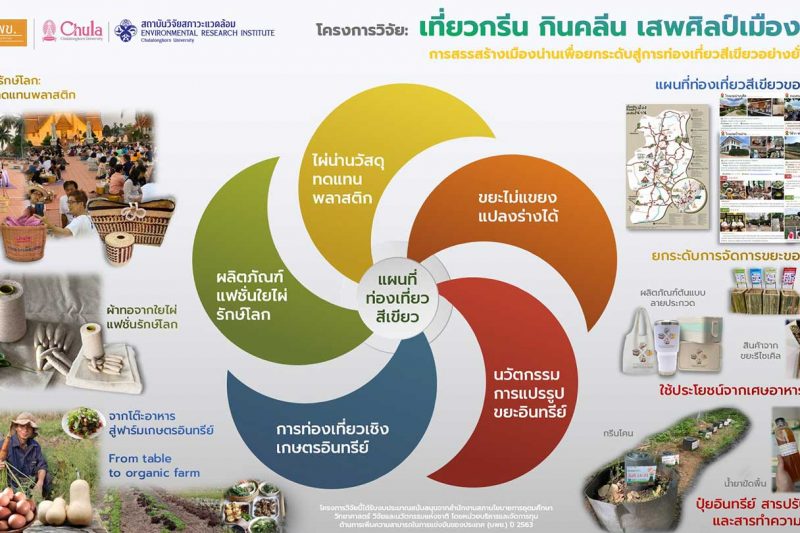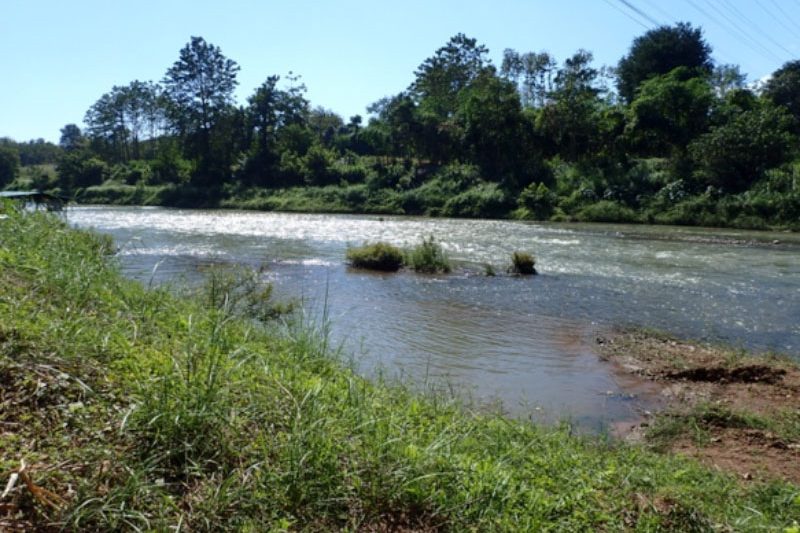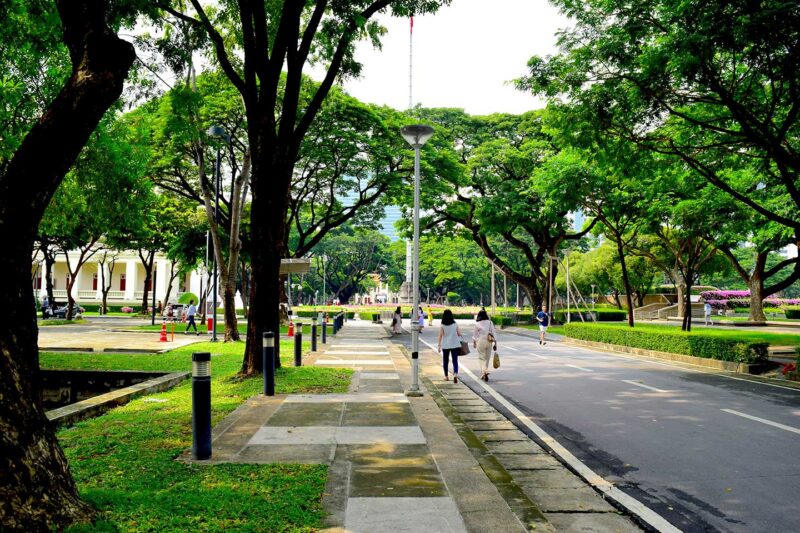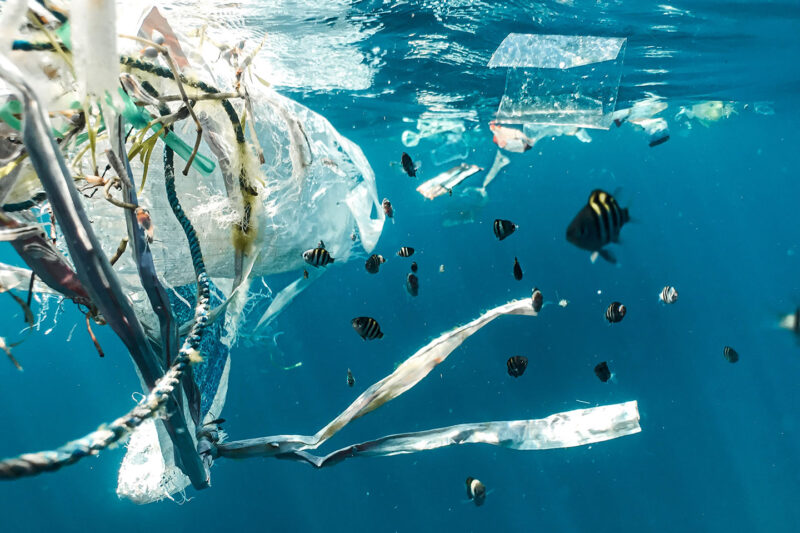The School of Agricultural Resources, Chulalongkorn University established the project “Development of sustainable agricultural community networks”. This project enhances skills and knowledge of production systems and marketing approaches that will be promoted through certification systems, organic farming standards, and strengthening the network of farmer groups through techniques and guidelines for management of agricultural areas in the organic farming system to propel and develop the agricultural sector in order to meet agricultural product demand and ensure food safety. This will result in food security in the country by using Nan Province, Koh Phangan as a model.
Promotion of learning processes in organic farming systems
The project to develop a network of agricultural communities with sustainable agriculture systems promoted relevant knowledge in PARTICIPANT GUARANTEE SYSTEMS (PGS), as well as organic production, marketing of certified organic products via training, and workshops.
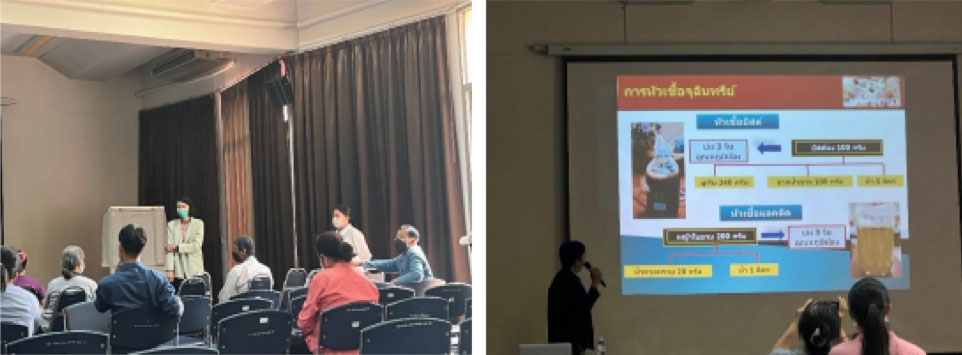
Development of PGS Nan Organic Community Network
The performance of the PGS Nan organic farmers group over the past 5 years can build confidence and trust in the market that comes to buy the group’s produce. This causes many markets to enter contact to buy products. Farmers are able to manage the group effectively and work well with the market. The School of Agricultural Resources therefore came up with the idea of establishing social enterprises through joint ownership between the advisory and farmers, members of the PGS Nan organic farmers group, under the name CU PGS NAN SOCIAL ENTERPRISE.
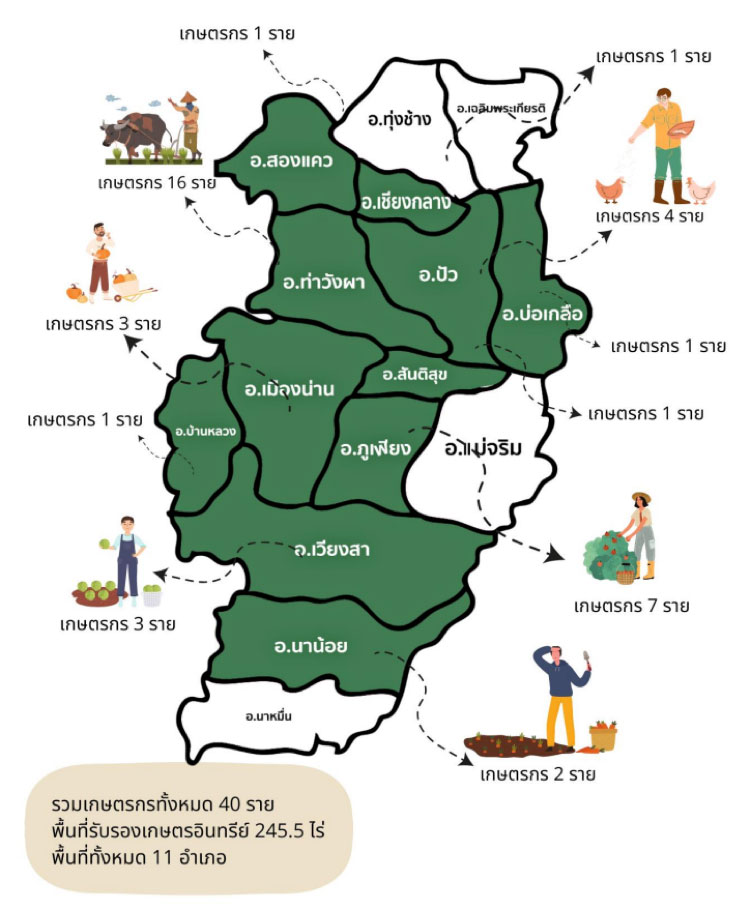
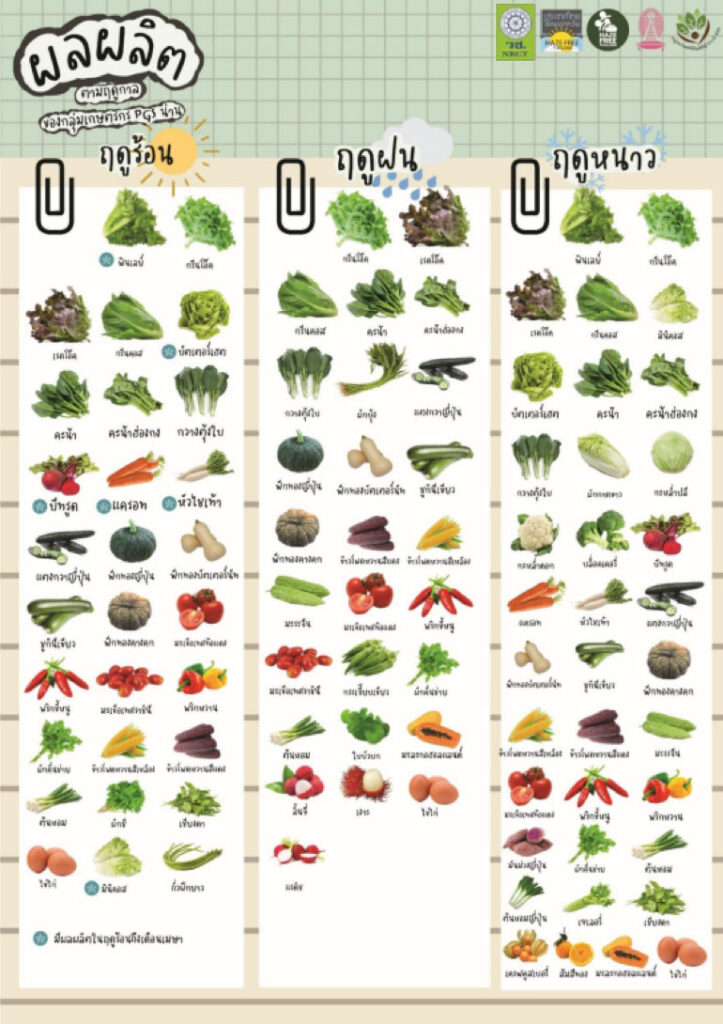
Development of organic farming community network, PGS Koh Phangan
The project to establish a network of agricultural communities with sustainable agricultural systems has contributed to the advancement of knowledge and progress in Koh Phangan, Surat Thani province. The place where organic farming produces vegetables, fruits, and organic eggs. A variety of products, such as Pandan tea, lemongrass oil, and mosquito repellent, are produced from local materials.
Due to the coronavirus outbreak, Koh Phangan attracts many tourists. Farmers have opened the area as an organic tourist attraction by allowing tourists to visit and engage in activities with farmers. The estimated monthly revenue from organic farming is 54,000 Thai Baht.
Development of a healthy, carbon-based diet menu
The results of the development of a model for participatory organic tourism business in Nan province in the year 2018. It has resulted in tourists coming . Therefore, more activities within farmers’ farms have developed. Low carborn healthy food menu has been created together with the group hotel restaurant and cafe.
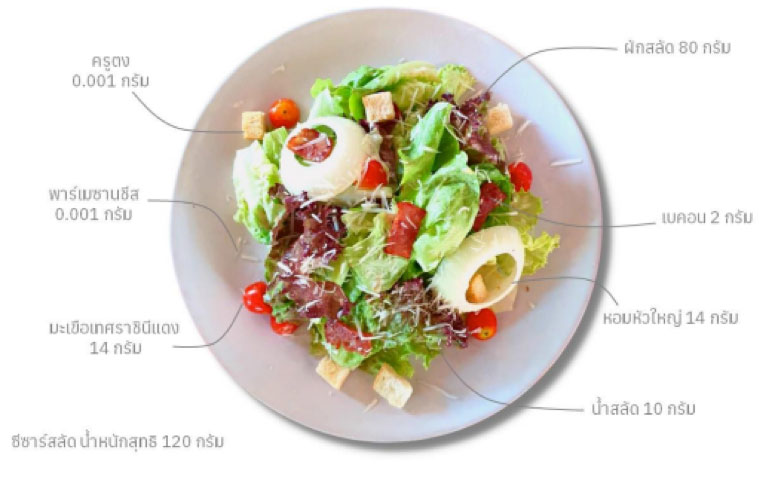
Establishment of social enterprises
PGS Nan Organic Agriculture Group’s performance demonstrates the potential of its farmer members. Therefore, there is an idea to continue and develop the membership marketing system “CU Community Support Agricultural; CU CSA” that links producers and consumers via the “EAT FOR NAN BOX” product. The product provides safe, high-quality food at a reasonable price.
Social Return on Investment Assessment
The results of the project in developing the agricultural community network with a sustainable system in 2022 can generate Social Return on Investment (SROI) for Nan and Koh Phagan, Surat Thani province, while Nan province received 13,063,995 baht or 43.33 baht per investment of 1 baht and Kao Phangan received 2,331,395 baht or 48.07 baht per investment of 1 baht.
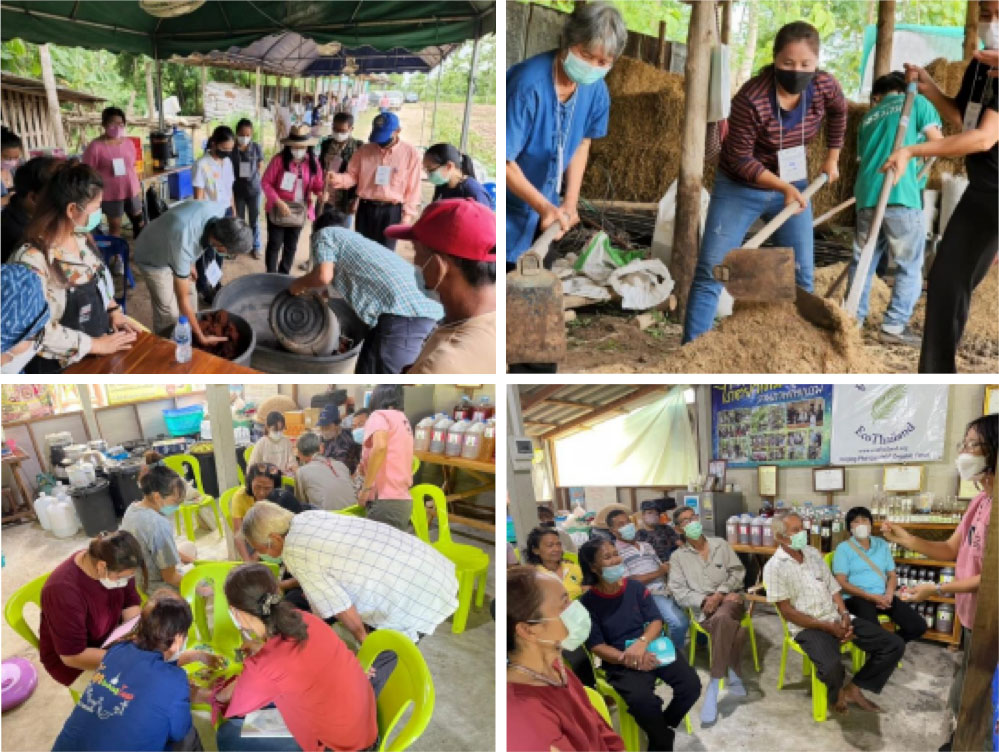
BY
School of Agricultural Resources, Chulalongkorn University
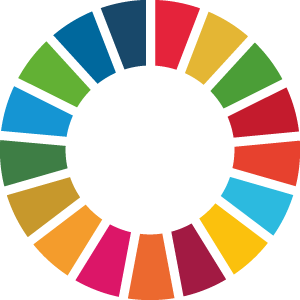
Related SDGs
Others

